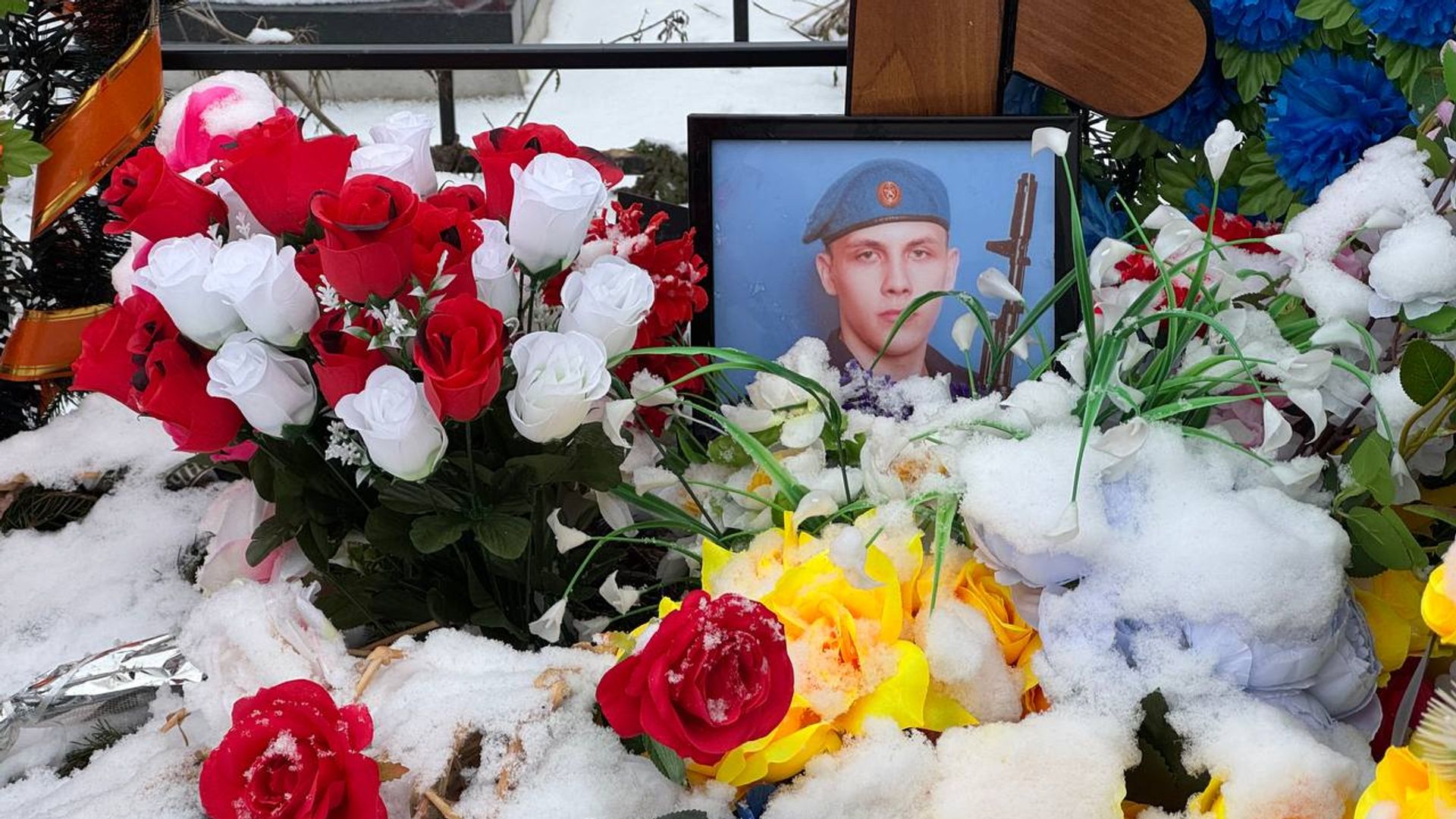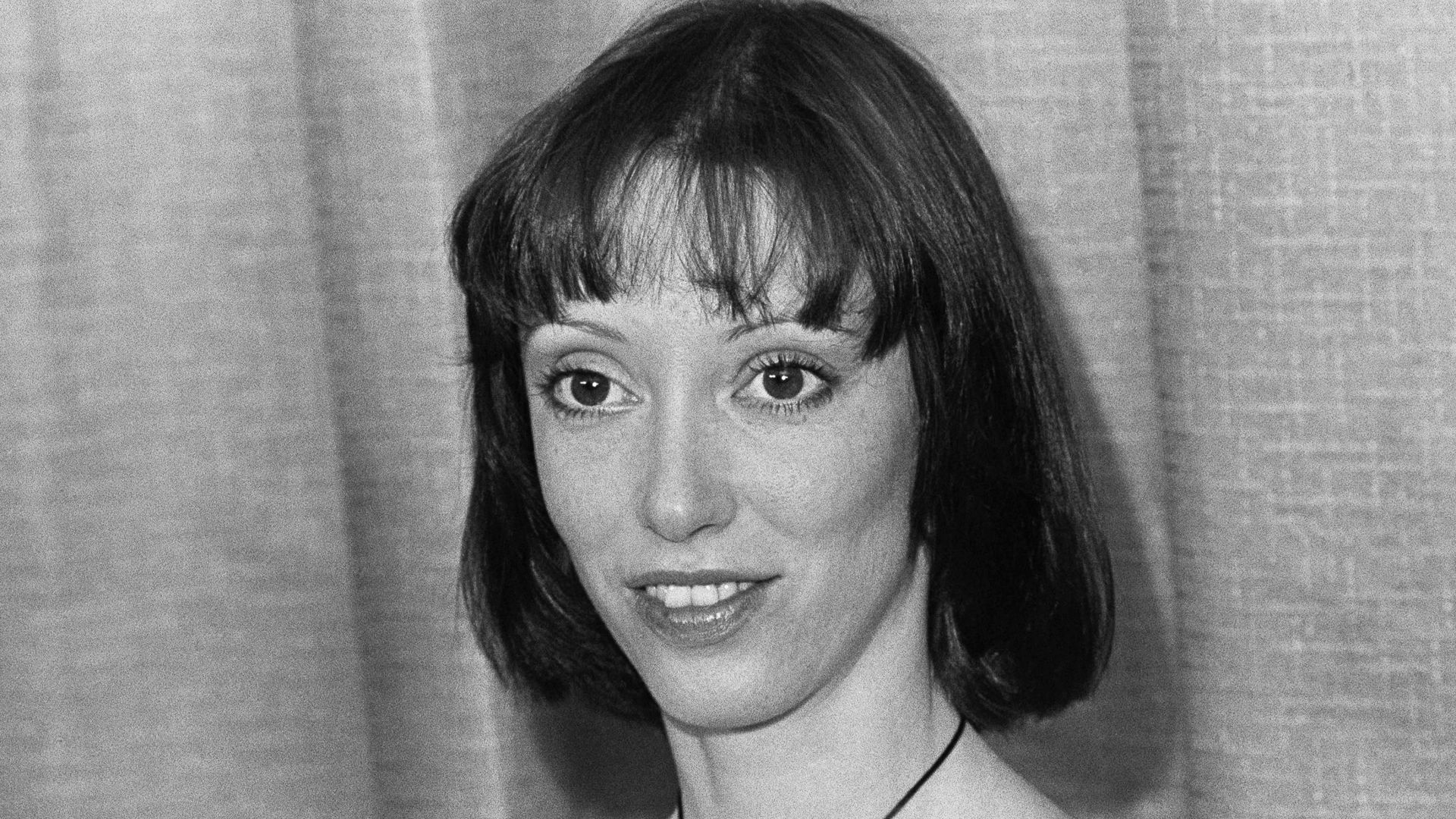In her desperate search for answers over her son Valentin’s death, Elena even turned to Vladimir Putin.
She wrote to the Russian president demanding an explanation as to why an 18-year-old conscript was involved in combat.
Throughout the war in Ukraine, the Kremlin promised that conscripts wouldn’t be sent to war. But in Valentin’s case, the war came to him.
He had been deployed to the Kursk region as part of his military service and stationed on the border.
But it was there that Ukrainian forces launched their cross-border incursion in August and one month after it began, Valentin was killed after receiving a shrapnel wound to the head.
“It should be specially trained people there, not children,” Elena says.
“They were taken from home, from a mother’s nest, and brought to some unknown place, where there is shooting.
Russian oligarchs with links to Kremlin face UK ban under new sanctions
Zelenskyy says he would give up presidency in return for peace and NATO membership for Ukraine
Thousands protest in London ahead of third anniversary of Ukraine war
“What kind of warrior is he? He’s not a warrior.”
Like other fallen soldiers, Russia views Valentin as a hero, but that’s no comfort to Elena. All she has are questions, which she wasn’t afraid to put to Mr Putin directly.
“The most important question was: ‘What were our children doing there?’ But I didn’t get any response,” she says.
“At that moment I just wanted to take the whole world and turn it upside down.
“Whoever says they are obligated for military service, what do they owe? What did my son take from the Motherland to pay a debt with his life?”
Read more:
Russian oligarchs with links to Kremlin face UK ban
Zelenskyy on why he would give up presidency
Fact-checking Trump’s claims on Zelenskyy and Ukraine
Valentin was a few weeks short of his 19th birthday when he died, and nearly a year into his military service. Elena didn’t want him to sign on so soon – head boy at school, he could have deferred conscription until after further study – but she says he was excited to serve and insisted.
Pictures of him in his parade uniform are everywhere in her apartment in Rybinsk, a town 160 miles northeast of Moscow. His blue beret is perched on a shelf. And Elena still hopes that one day he’ll walk through the door.
“I still wait for him to come back home, even though I saw his body. I still can’t believe it,” she says, tears running down her face.
“Sometimes I sit and think who my grandchildren could have been. It’s impossible to live like this. It’s not life.”
Russia doesn’t publish its casualty figures but the UK estimates that more than 750,000 Russian troops have either been killed or wounded in the three years since the Kremlin’s full-scale invasion began.
Follow our channel and never miss an update
Be the first to get Breaking News
Install the Sky News app for free
Valentin is buried in a cemetery on the outskirts of Rybinsk – a 20-minute bus ride for Elena. There are dozens and dozens of military graves there, each one marked with flags. The grave next to Valentin is for a serviceman killed on the same day as him.
It’s rare for anyone to speak openly in Russia about the war because criticising it can land you in prison. But Elena is determined to prevent other mothers from suffering the same experience.
“I want only one thing – for all children to come home,” she said.
“I want them to hear us and give us back our children in the same state we gave them, not cold.”




